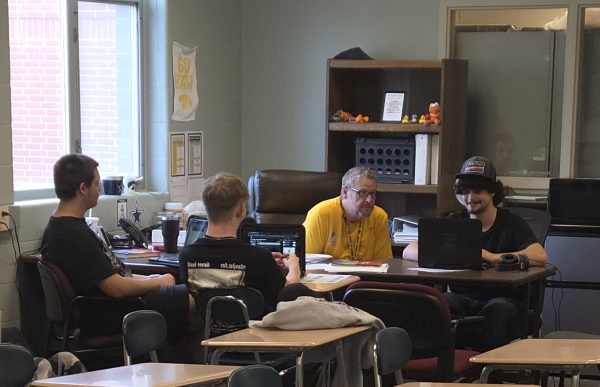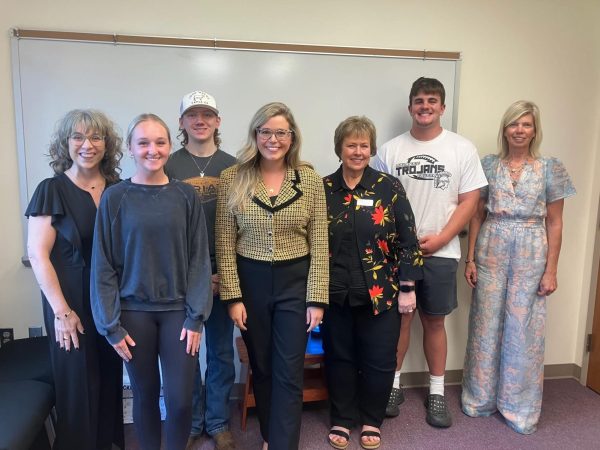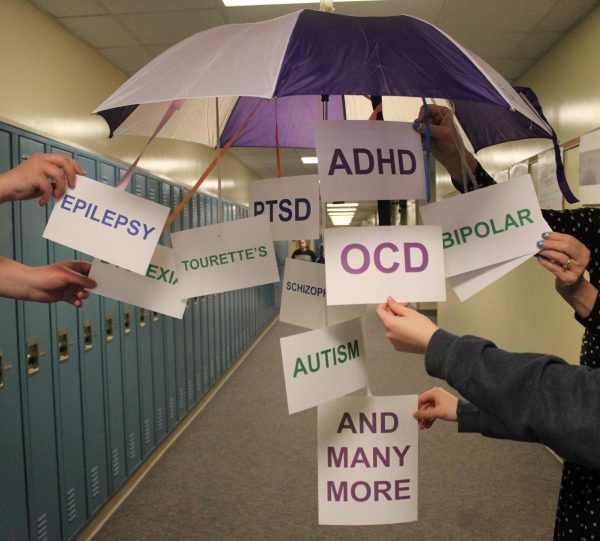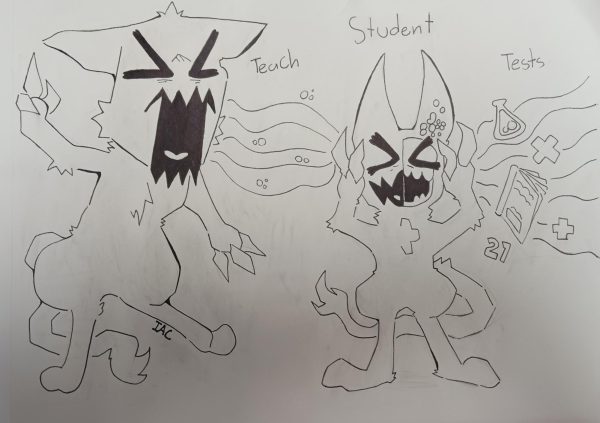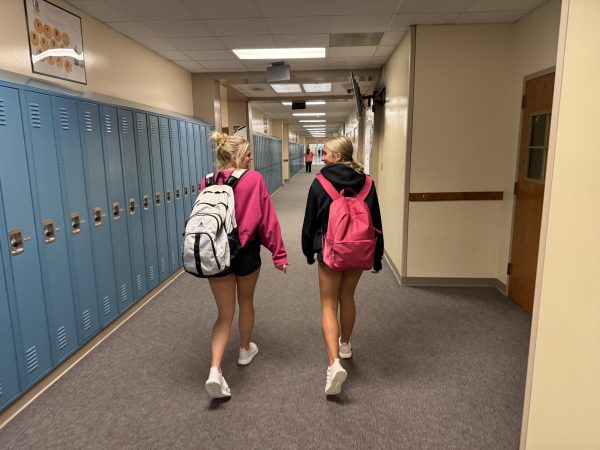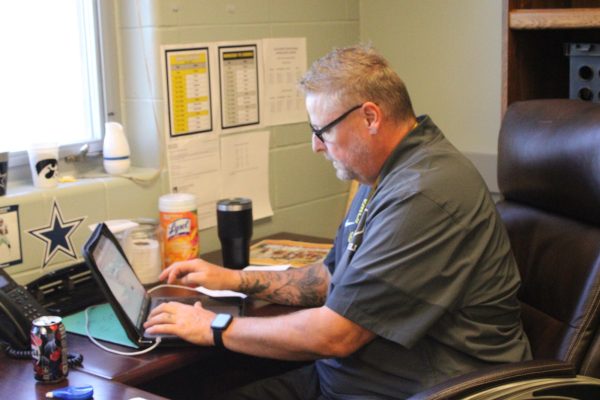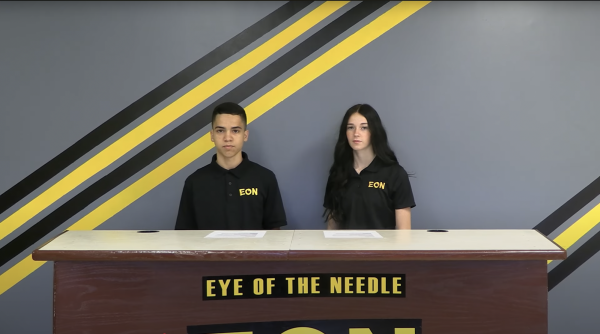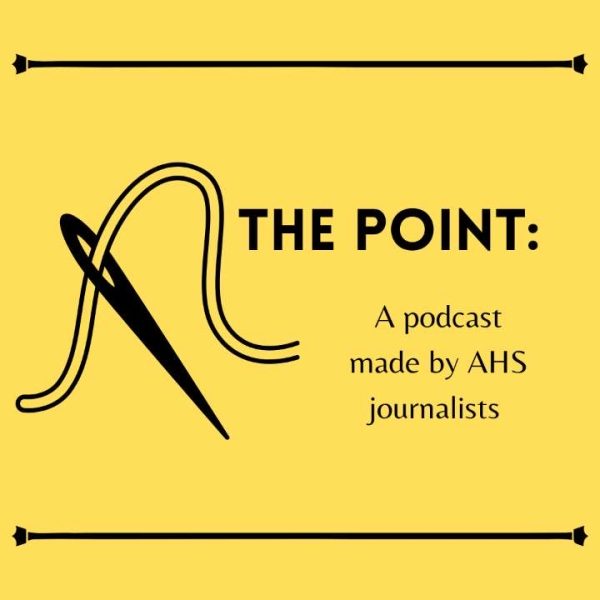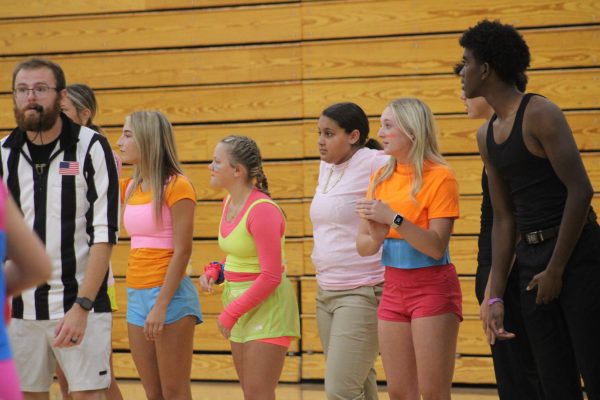The Process of NHS
How does the NHS application process work?
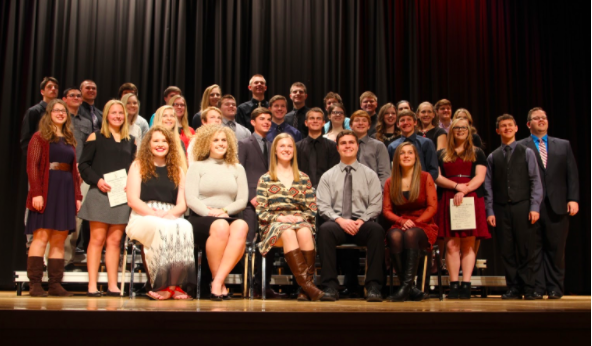
ALL SMILES – The 2017 National Honor Society inductees join with the 2016 members to pose for a picture. The new recruits were escorted in by previously accepted individuals and handed their certificates before taking a quick snapshot.
Every year, NHS applications are written and sent in for reviewing. Here at AHS, in order for a student to be able to apply they must have a cumulative GPA of 3.25 and then they will receive either a letter or an email inviting them to pick up a candidate form and attend a meeting. At the meeting, other requirements are discussed as well as what the students will be scored on.
Applicants are asked to build a resume and answer an essay question. They are scored by an anonymous faculty council of five on the four pillars: Scholarship, Character, Service and Leadership. Scholarship is already met by each of the students because they have a high enough GPA to be invited to apply. Character is based off of the essays written, and Leadership is scored from their service and school involvement included in their resume.
Jarrod O’Donnell is the current NHS advisor and said, “I am just the sounding board for the council and doing all the leg work for the kids to send forms in.” He explained there is no minimum or maximum number of students that can be accepted, and the decision to accept or decline an applicant is pretty much all up to the faculty council. “They look through all that have submitted forms and if they think they are a worthy candidate they will say yes or no,” O’Donnell said.
The council usually changes yearly, but sometimes there can be returning members. When she was a teacher, Principal Heather McKay had some experience with the decision-making process. McKay said, “There may be some members that return, I know I did it a few years in a row.” She also added that making the decision isn’t as easy as it seems. “It was very difficult. That’s why it’s important to have a process that makes it as objective as it can be.”
”
McKay currently has no say in the application process or the requirements to apply, and she has never had to make a final decision about a student. If there is an appeal, they will come to her but she said she doesn’t go against what the faculty council determines. “It has to be pretty serious extenuating circumstances to overturn (the council’s decision).”
Juniors Alyssa Ginther and Nathan Behrends are two of the 27 applicants this year. Both Ginther and Behrends said they had some troubles filling out the resume, but felt they had plenty of time to complete their applications. “I think it was enough time, I didn’t feel rushed,” said Behrends. Each had a sibling in NHS and recognized it would look good on college applications. Ginther said, “I knew it was an honor to be in it. You’re one of the top in your class and you’re someone other people can look up to knowing you have this position.
NHS members typically meet twice a month on Fridays, and are responsible for putting on the Blood Drive and Crush-O-Grams. They can also suggest other ideas of service projects they’d like to do, and present it to the other members at meetings.
NHS President Josh McLean said he applied because he knew it was a “really prestigious group to be in”, and he wanted to “strive to be a person to stand out” in his grade. He said he would definitely recommend NHS to other students if they are willing to go through the process because it looks great on an application and it’s low demand. “Other than the few events per year, it doesn’t require a lot of time,” McLean said. According to McLean, NHS has helped him gain more leadership experience and step into different types of roles. He also said it’s not easy to get into and it’s very selective, but added, “Don’t be discouraged if you don’t get accepted.”
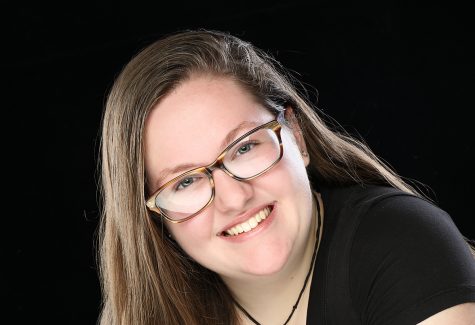
It’s difficult to find a more energetic, positive and kind girl than senior Anastasia Muell. She has dedicated the past three years of her life to excelling...
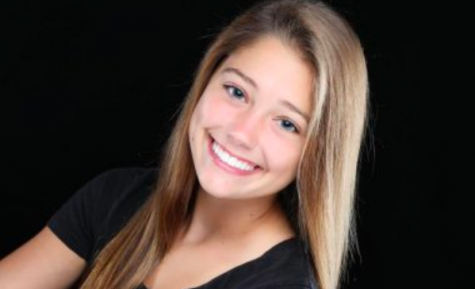
Journalism is a family affair for the Wendts, as Ashley Wendt’s siblings got her involved in Journalism. Her brother Trevor was the first to join and...

